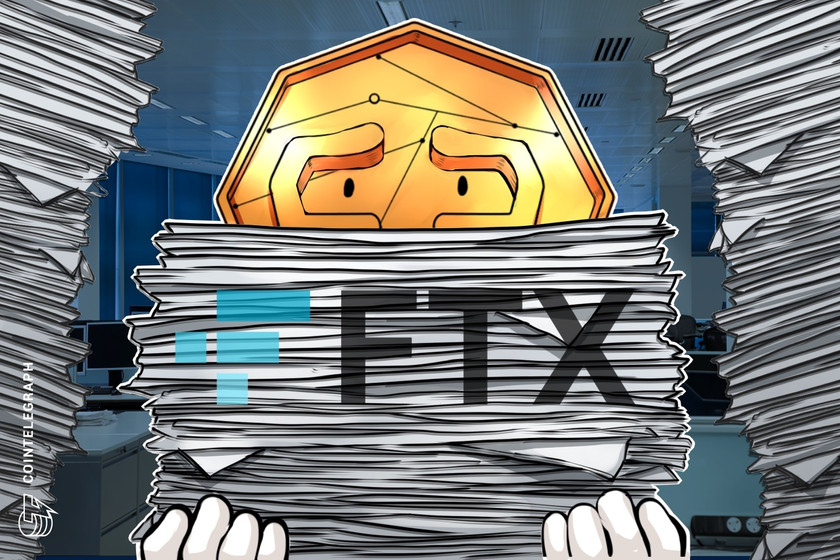FTX reportedly used Alameda’s bank accounts to process customer funds

Former FTX CEO Sam Bankman-Fried, in a conversation with Vox, admitted to using Alameda’s banking facilities for FTX user deposits.
The FTX contagion saga sees new revelations around its misconduct every other day, and the latest one solidifies the collusion between the failed crypto exchange and its sister company Alameda Research from the very beginning.
FTX, like many other crypto exchanges, found it difficult to get a banking partner to process fiat transactions- as banks have been hesitant to tie up with crypto exchanges due to a lack of regulatory oversight. FTX overcame this problem by using its sister company’s banking accounts to process transactions for the crypto exchange.
Former CEO of FTX Sam Bankman-Fried confirmed in a conversation with Vox that the exchange was using Alameda’s bank accounts to wire customer deposits. Some customers were reportedly asked to wire their deposits through Alameda, which had a banking partnership with fintech bank Silvergate Capital.
The collision between Alameda and FTX over the customer’s fund later became the main point of failure. Bankman-Fried had claimed that even though FTX never gambled users’ funds, it did loan them to Alameda. The former CEO claimed that he thought Alameda had enough collateral to back the loans, but as reports have suggested, a majority of it was in the native FTX Token (FTT).
The claims of the former CEO of the failed crypto exchange regarding misuse of customers’ funds have varied from time to time. First, Bankman-Fried claimed that the exchange and Alameda were independent entities and later also assured that customer funds were safe, only to delete his tweet about the claim later.
Related: After FTX: Defi can go mainstream if it overcomes its flaws
The allegations around misuse of banking loopholes arose last week when bankruptcy proceedings revealed that FTX owned a stake in a small rural bank from Washington state via its sister company Alameda. At the time, many alleged that the investment in the rural bank was done to bypass the requirements of getting a banking license.
The scope of wrongdoing in using Alameda’s banking accounts for FTX customer deposits depends on the arrangement between the bank and Alameda. In a statement to Bloomberg, Silvergate said that the bank doesn’t comment on customers or their activities as a matter of firm policy. Silvergate didn’t respond to Cointelegraph’s request for comments at the time of writing.



